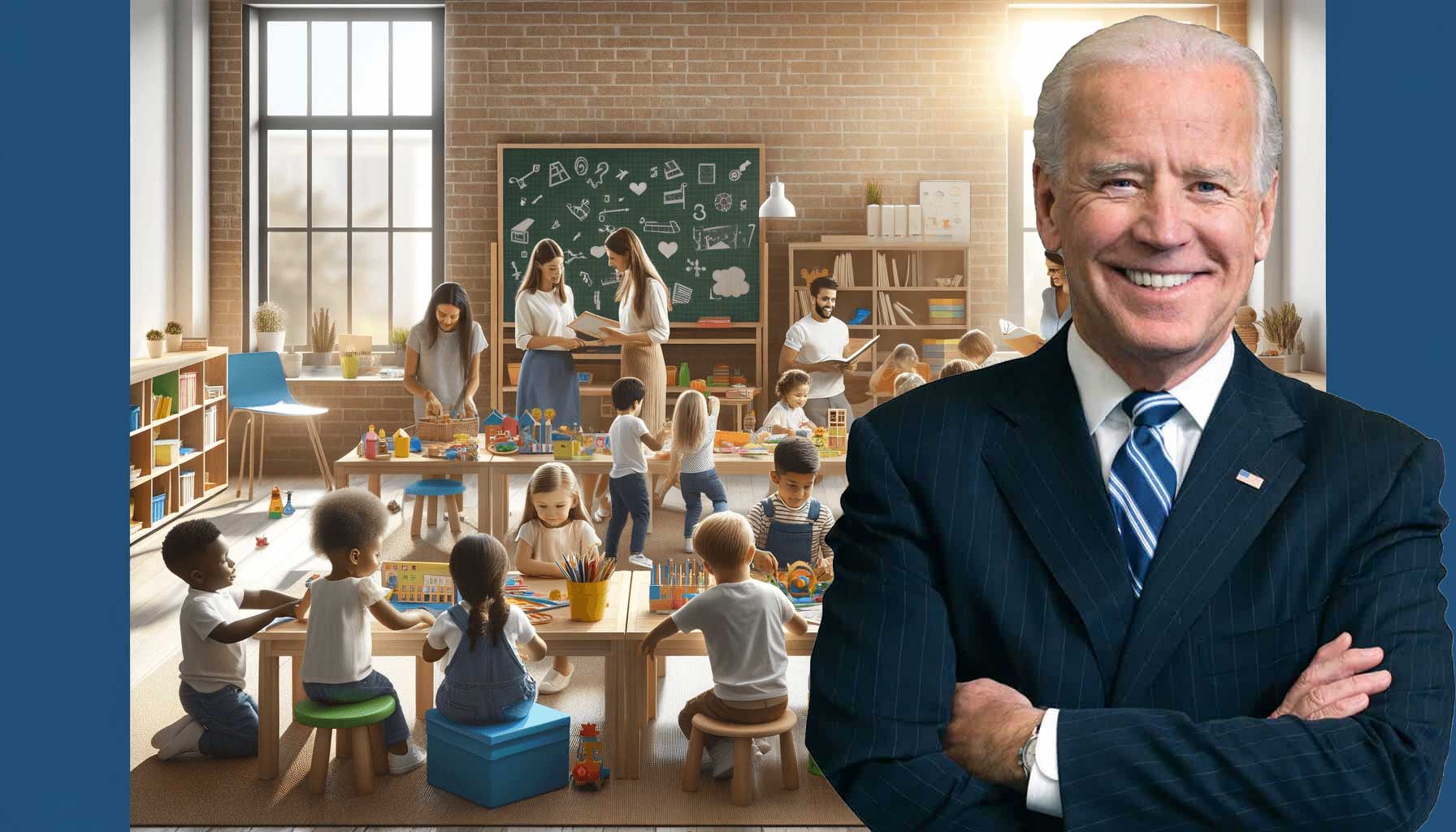
Biden Administration's Child Care Initiatives and the Congressional Funding Debate
In recent months, there have been significant developments in the United States regarding early education policies, marked by the Biden administration's proactive steps in enhancing child care accessibility and affordability. Alongside these strides, the nation faces a critical juncture in determining government funding levels, a decision with far-reaching implications for the future of child care and early education. This piece delves into the latest executive actions aimed at transforming child care and the intense discussions in Congress as the September 30 deadline for fiscal planning looms.
What's Happening with Child Care:
- President Biden signed an important order on April 18. This order asks government agencies to find ways to make taking care of kids and older people cheaper and easier for everyone.
- One key part of this order is about the Child Care and Development Block Grant (CCDBG). This grant helps 1.5 million kids and their families every month. The order suggests ways to make child care cost less for these families.
- Later, Vice President Harris announced more plans to make child care less expensive, like making sure child care providers get paid on time and reducing how much families have to pay.
- Recently, the White House had a big meeting with state leaders to talk about child care. They discussed good things happening in different states, like in Minnesota, where they're putting a lot of money into child care and giving families with low incomes a tax break to help reduce child poverty.
Money Matters for Child Care:
- There's a big deadline coming up on September 30. By then, Congress needs to decide how much money the government will use next year. Right now, the House and Senate can't agree on how much to spend.
- Some people in the House want to keep spending the same as last year, which is a lot less than what was planned in a recent agreement. This disagreement means there might be some trouble ahead.
- A group in the House wants to cut a lot of money from education, including getting rid of some important programs for preschool and helping college students with kids. Even though these cuts might not happen, they show how serious the situation is.
- Child care advocates are worried because some special funds that helped during the pandemic might run out. They're asking for more money to keep the progress going and make sure child care is available for all families.
In conclusion, the landscape of early education in the United States is undergoing transformative changes, guided by the Biden administration's commitment to improving child care and the crucial debates in Congress over government funding. These developments reflect a pivotal moment in shaping the future of child care and early learning in the nation. As we navigate through these changes, the outcomes of these policies and funding decisions will undoubtedly have a lasting impact on families, educators, and the broader community, underscoring the importance of continued focus and investment in the early years of education.